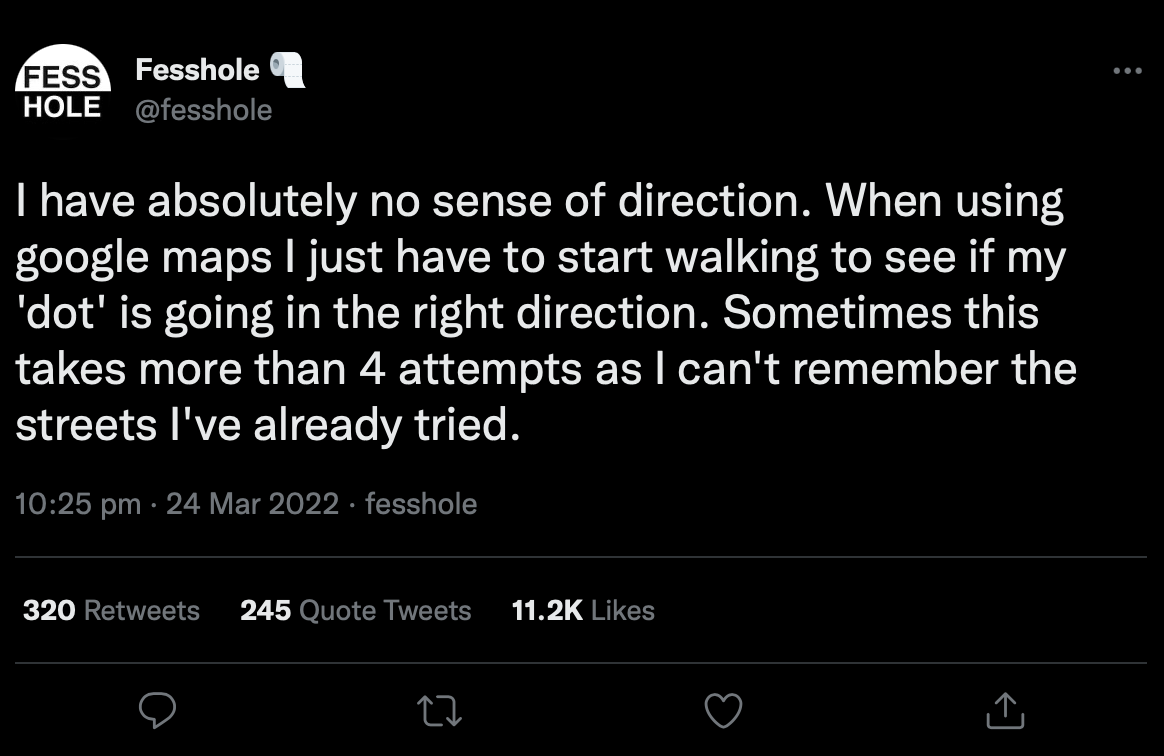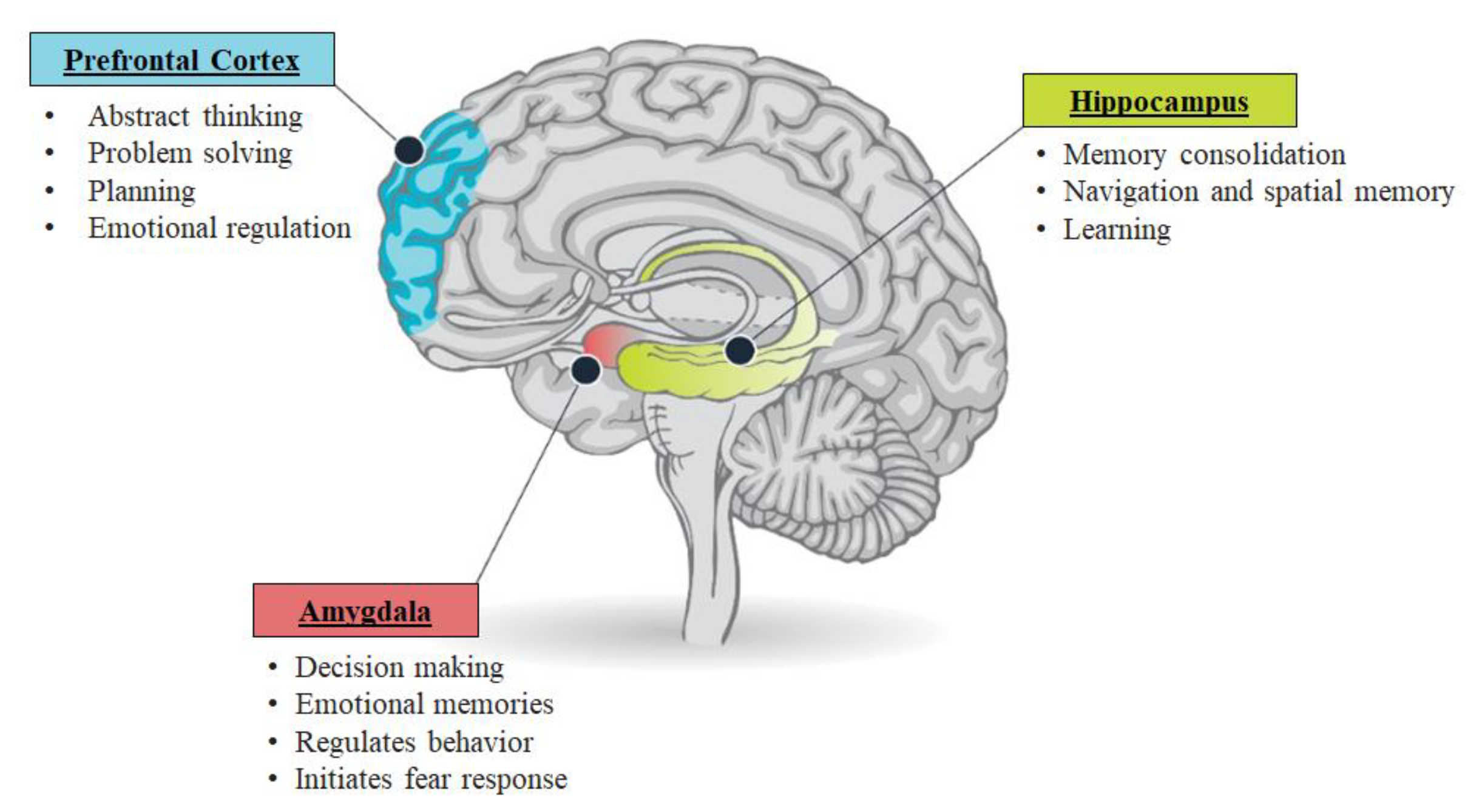Excuse me, how do I get to “A”?
Every time I got lost when I went out of town, I used to ask somebody for help. Back in the days it was a common occurrence to ask strangers on the street for directions. Since the rise of technology, a smart phone with cellular data has made going to different places easier to navigate independly without having to rely on planning ahead, a strangers’ help or a psychical map. Maps have been around since ancient times. The ancient Greeks were the first to invent maps to help navigating and to have a sense of the world.
Google maps is a free online worldmap application that displays directions, and if you pre-download certain area’s it is possible to use the app offline — without internet. In addition to navigating directions to the chosen destination, you can find information about public transporation, sights, stores, and-so-on. According to the statistics, Google maps is still the most used navigation app in the world with 154.4 million users every month. Besides Google maps, GPS (also a navigation tool) is used a lot in the car. Map technology has evolved into navigation tools like Google maps and GPS that has given the user freedom to explore the world freely without having to relying on memory, physical maps and asking strangers directions.

As you know, we have reached a point where technology can greatly benefit our life. But, there is a downside to relying solely on online maps. Studies have shown that the more we rely on navigation tools, we turn our brain navigation skills off since the road is already planned out. The hippocampus and pre-frontal cortex in our brain responsible for forming memories and planning, are not actively capturing the surroundings since they do not need to perform. Technology can make us lose the ability to have a sense of surroundings, because our brain does not need to make an effort. Reliance on technology will have a significant impact on recalling directions and route-planning which is among other things, essential for brain health. However, don’t be afraid! There are ways to train your brain cognitive skills.

Train the mind
As we grow up our brain develops until around the age of 25. Once the brain is fully developed, we age and our brain health will start to decline. Various damaging actions such as dependency on technology can lead to rapid decline of our brain health. In particular, the use of navigating tools. I will focus on key exercises that are essential for a “healthy” brain.
- Sensory navigation
Completely not using navigation tools is not realistic in today’s landscape. Nowadays going to a specific location can be challenging without live navigation. A team of neuroscientists, did research about using a GPS while minimizing the damaging effects from GPS navigation on the memory. They found an alternative of only having the GPS’s sensory navigation on. This created the opportunity for the user to be visually involved. Visual awareness about the surrounding environment while still using the GPS with auditory, will help the user to engage their brain to find their way on the road.
- Repeat (and find different solutions)
If this route is a routine, repeating the first step a couple of times will help you memorise the route. Once you are confident, try going without the sensory navigation. After memorisation of one route, try to challenge your brain by going a different route. This will train the brain’s spatial memory. “All roads lead to Rome.”.
- Test yourself
Repeat the process of different routes with the sensory navigation. Then like the previous step, repeat without the use of a navigation tool. Decision-making without the help of a tool will help your brain activity to be constantly on.
There are more ways to train your mind to retain your navigation skills. In addition, the three key pillars next to actively training your mind are physical exercise, diet and sleep. Taking care of your health is essential for remembering learned information.
Conclusion
The convenience of having access to navigation tools is a wonderful gift. Without much effort and preparation you are guided to the chosen destination. However, map technology has made the human brain more lazy. The hippopotamus and prefrontal cortex responsible for planning, navigation and spatial memory, are replaced by a navigation tool. It is convenient but not helping the brain cognitive skills. So the next time you get lost, try to use your brain first. We have to be mindful about technology’s influence on the brain.
References
https://www.scientificamerican.com/article/how-gps-weakens-memory-mdash-and-what-we-can-do-about-it/
https://webtribunal.net/blog/google-map-statistics/#gref


All too often I have to go to somewhere just outside of the city, and look on maps to get the fastest route. Then viewing the route from above makes it seem like I’ve never used that route before, but once I’m following it realize that I know exactly where to go and didn’t even need Maps.
Perhaps sometimes the best advice is to just start driving!